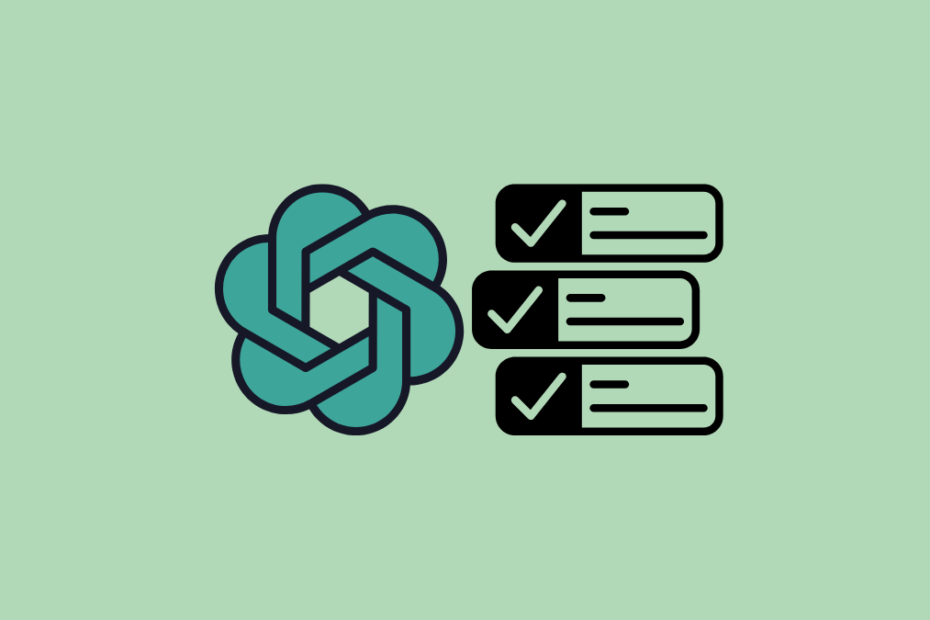If you’re like me, your ChatGPT history probably looks like a tangled web of half-baked ideas, research, drafts, and conversations you’ll never find again. It’s not your fault—until now, ChatGPT lacked any real mechanism for organization. But with Projects, OpenAI has gifted us the tools to tame this chaos and bring order to our AI-powered workflows.
Imagine this: instead of endlessly scrolling through a jumbled mess of conversations, you create separate Projects for each task or client. One for content drafts, another for research, and maybe a secret one titled “Things I’ll Definitely Finish Someday.” Everything stays where it belongs, and you don’t lose your mind in the process.
Projects aren’t just about tidiness, though; they’re about productivity on steroids. Each workspace operates like its own little ecosystem. Conversations, notes, files, and even collaborators (for those using enterprise versions) exist in harmony. You can upload up to 20 files per Project, integrate tools like DALL-E for image creation, and even use advanced features like browsing or coding assistance.
The collaboration edge
OpenAI isn’t stopping at making life easier for solo users. Projects are poised to be a game-changer for teams. Picture this: your marketing team creating campaigns collaboratively, your dev team hashing out code and debugging in real-time, or even students working on group projects (yes, ChatGPT just made teamwork a little less painful).
With Projects, everyone knows where to find what they need, and the dreaded “Who edited this?” mystery becomes a thing of the past. Roles and responsibilities are clear, and workflows are no longer a mess of emails and lost files.
This is especially exciting for businesses juggling sensitive data. By isolating confidential materials into specific Projects, teams can better manage access and maintain security. This is OpenAI saying, “We see your chaos, and we’re here to help you fix it.”
A step toward smarter AI workflows
It’s no secret that the AI world is becoming fiercely competitive. With new tools and platforms emerging daily, OpenAI needed something to stand out; Projects might be their ace in the hole. By focusing on organization, collaboration, and versatility, they’re positioning ChatGPT as more than just a chatbot.
This move feels strategic. Projects cater to professionals who need their tools to work as hard as they do. For content creators, this means structured spaces to juggle multiple clients, drafts, and feedback. For developers, it’s all about keeping feature planning, debugging, and documentation tidy. And for educators and students, it’s a way to organize notes, assignments, and group collaborations effortlessly.
What Projects still needs to address
While I’m excited about the possibilities, it’s worth noting that Projects isn’t perfect. Yet. For one, it’s clear that OpenAI is prioritizing its paid and enterprise plans with this release. Free-tier users might be left looking in, wondering when, or if, they’ll get a taste of these advanced features.
Another potential limitation is integration with third-party platforms. Imagine syncing ChatGPT Projects with tools like Google Workspace or Microsoft Teams. That kind of functionality could turn Projects into a true powerhouse for professional workflows. But as of now, those integrations seem to be on the wish list rather than the roadmap.
Scalability is another question mark. Projects might be great for smaller teams, but can they handle the demands of large organizations with complex workflows? Only time and user feedback will tell.
Why you should care
Whether you’re an AI enthusiast, a productivity nerd, or just someone desperate to organize their digital life, Projects is worth your attention. It’s not flashy, and it won’t grab headlines like GPT-5, Sora or DALL-E updates, but it might just be the feature that changes how you work with AI.
If you’ve been drowning in a sea of ChatGPT chaos, Projects is the life raft you didn’t know you needed. And while it might not be perfect, it’s a solid step toward smarter, more efficient AI-powered workflows. OpenAI isn’t just updating ChatGPT; they’re redefining how we integrate AI into our professional and personal lives. And honestly, I’m here for it.
